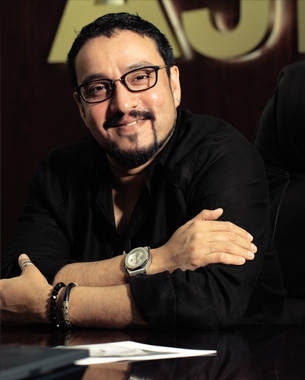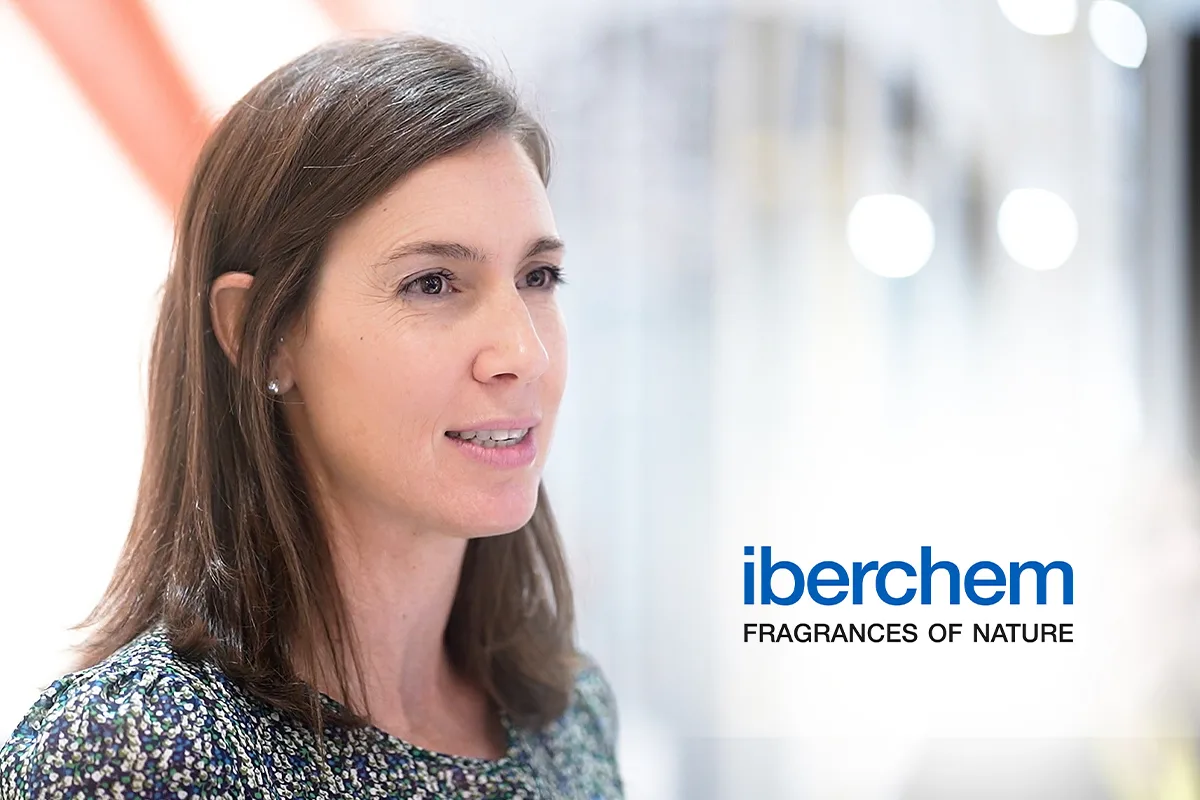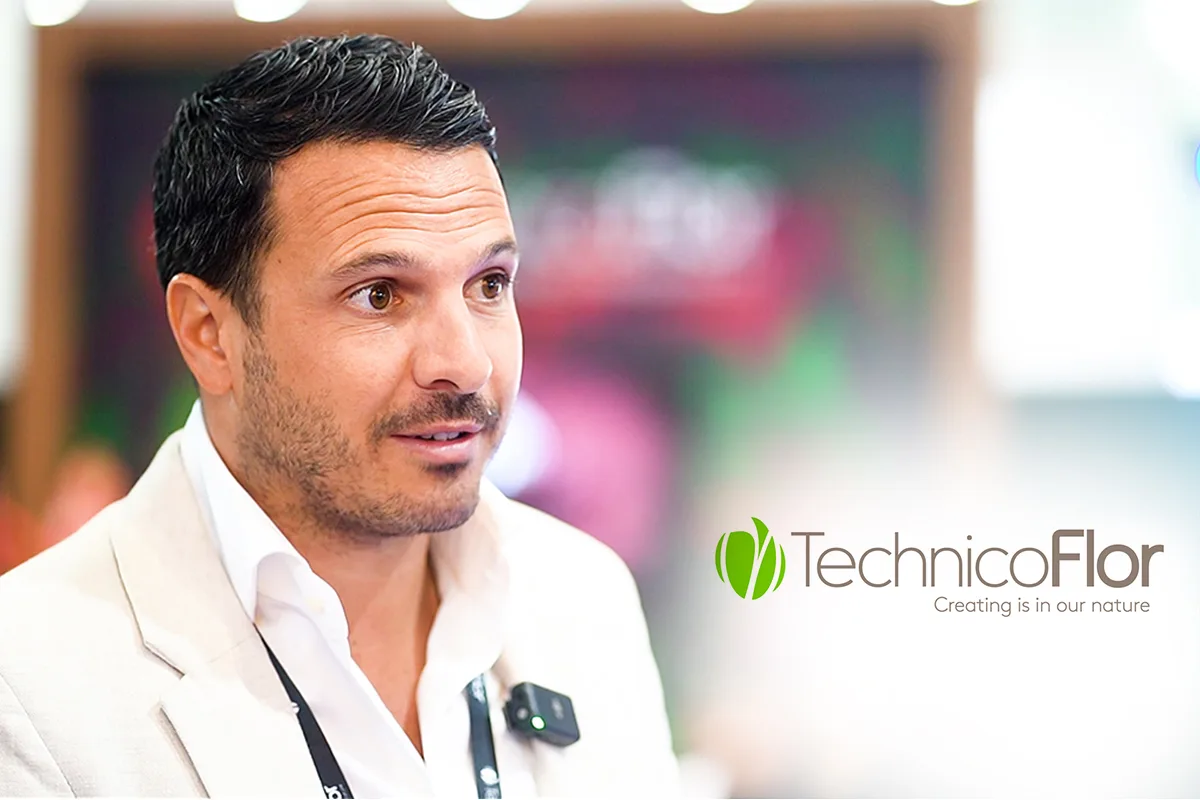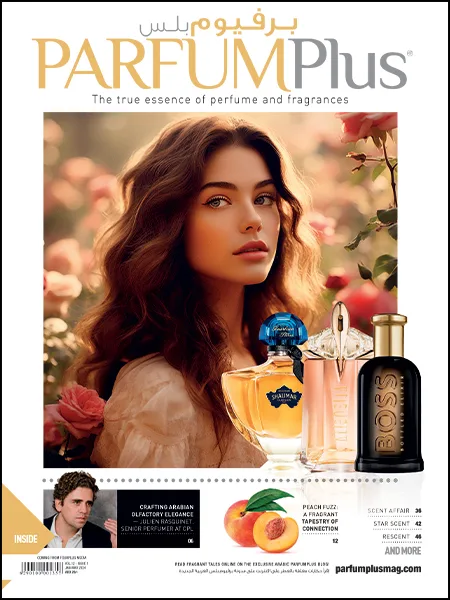Abdulla Ajmal, the young and energetic General Manager of Ajmal Perfumes, comes across as someone extremely passionate about fragrances. Here he is, in conversation with Alim Bolar on Oudh, Ajmal and beyond.
Hi Abdulla. The name Ajmal, some would say, is almost synonymous with perfumes in the Middle East. How has this journey been for you?
Ajmal owes its success, mainly to my grandfather’s vision coupled with his hard work. That’s needless to say, but most of all, we are in this position today, because of the conviction and belief that he had in his creations. Ajmal has come a long way, having started back in the early 50’s — 1951 to be precise.
Regardless of his humble beginnings from Assam, India, my grandfather displayed an entrepreneurial streak early on. He was a very pious man and ensured that any business he undertook, it had to be well within the realms of Islam. As a trader from Assam, he moved to Bombay and thereon to the shores of the Gulf region. By virtue of his interactions with the local people, he understood the uniqueness of this region. My grandfather would often talk to us about his close interactions with His Highness (the late) Sheikh Rashid and how during these interactions His Highness (the late) Sheikh Rashid would tell him about what he envisioned for this region. I know from him, what we see in this region’s success today is something that His Highness (the late) Sheikh Rashid had planned and envisioned in the 60’s!
My grandfather was well-accepted and trusted by the local Arab community. This very fact, perhaps, has been the strength of Ajmal. Oudh is a product that we specialise in but what the users of our fragrances really love us for is the quality and variety of products that we create. We ensure their trust in us is rewarded with an uncompromising approach towards product development ensuring the best in terms of quality, always. This has been a hallmark of Ajmal products and it will remain the most important factor towards our future growth. My grandfather helped his sons grow this legacy and now it’s our turn, the third generation to take this forward. Inshallah we will not let him down.
Oudh is such a predominant aspect of the Middle Eastern culture… just a whiff of oudh and you are immediately introduced to a sense of oriental exoticism. It’s almost magical. What’s so ‘Arabic’ about oudh?
A A : Even though oudh doesn’t grow in the Middle East, the affinity of the product in this region is unparalleled This region adores oudh. From their infancy to old age, oudh is a part of their life … an important part. It’s also a part of the religious culture. Unlike the rest of world, people of this region are exposed to perfumes very early in life. In other parts of the world, you might hear of teenagers or grown ups buying or using perfumes. But in this part of the world, perfumes is considered a part of the need set rather than a want. Do you know, normally women in any other part of the world take about 20 minutes to decide on a single perfume. But women of this region are so aware and educated about perfumes that they would not take more than 5 minutes! In 20 minutes a woman would probably have purchased 4 to 5 different perfumes.
Where exactly does oudh originate from? And why is to so expensive?
Oudh is dervied from agarwood trees that grow in the far east region, countries like Cambodia, Laos, Malaysia, Burma, all the way to the north eastern region of India. It can take about 25 to 40 years for oudh formation in these trees. Thereon, the extraction of this oudh from the trees is a very lengthy, labor intensive process. Obviously the costs would be very high. Nevertheless, the ones who consume the product value it highly and do not really complain about it being expensive. The best quality of Oudh in the world comes from Assam. We have over the years, adopted over 650,000 agarwood trees in the region. My grandfather being a visionary that he was started the program in 1979, hailing from a farming background he believed that what we take from nature, we should give back as means for sustenance. We are extremely proud of the research and development that we have done in this field. We are proud to hold patents for the artificial innoculation of the Agarwood tree in 4 of the 6 countries where it grows. It is like I have mentioned earlier, oudh is in our blood, we understand it really well.
Everyone talks about the ‘layering’ when it comes to the Middle Eastern way of using perfumes. What’s your take on this?
Layering is not unique to this region. It’s done everywhere around the world. But what’s unique is the method and the individuality that layering offers in this part of the world. In the west, a person generally uses multiple layers of the same fragrance at different stages and tends to use the same or similar fragrance. But in this region layering takes on a whole new meaning. The abaya is ‘smoked’ with burning of oudh/bukhoor and then sprayed with different blends to get a unique fragrance. And the people of this region are so aware of perfumes, that they can blend in different types of perfume and create their own versions. They wear multpile products, all at once to create a unqiue signature that is inline with their current preferences. Fragrance, is an extension of ones personality and no one knows how to express themselves with fragrances like the Arabs.
What is fragrance to you? What excites you about it?
Fragrance, to me, is always about communication.. we are constantly communicating with fragrances.. be it our personality or be it our mood at that point in time. It’s not just about the smell. The fragrance can communicate, and to a certain extent, even manipulate the environment and ambience. A fragrance can make a man or a woman more desirable. The fragrance you wear has the ability to communicate whether you are fresh, energetic, sensual or anything else you want to be.
For me, perfumes are a never ending range and the creative process never stops. It’s always the ‘next perfume’ that excites me. Once I have sampled and used a perfume, I know there’s another one out there I can look forward to try and experience. It’s a dream for any perfumer to control the surrounding environment by captivating the minds of the people by your fragrance.
There has been a lot of interest in oudh, of late, from the international brands. How do you see this? As competition? Or as something that’ll help oudh cross borders and go beyond this region?
This oudhmania, as I would like to call it, is more than welcome. I am very happy about the fact that international brands have started recognizing, using and popularizing oudh, but they still have a long way to go to really understand oudh. They think if the fragrance has a woody texture it is good enough to classify under oudh, but that is not the case. The west tends to refer to a particular type of woody note as oudhy. While oudh is woody in nature, the oudh note is oudhy, that’s how we define it. Unless a fragrance comes from oudh oil, it can’t be considered as an oudh fragrance. Ultimately everyone’s going to want the real thing and we have the real thing. This international interest is welcome and we’ve recognised the potential there and have now started catering to this segment too. If anyone buys a product from Ajmal and it says ‘Oudh’, you can be sure it has oudh.
So what’s on your agenda for brand Ajmal?
Our focus will remain on creating products that highlight and re-emphasise our strength in the oriental category. Apart from that, as part of our long term strategy, we aim to open 200 stores by 2016. We opened our first store in 1976, touched a 100 brand-owned and operated outlets in 2006. In the next few years we aim to reach the magical 200 figure, it is definitely achievable and we are working hard towards achieving it. Today Ajmal has grown from a commodity trader (Oudh) into a fragrance house. We have designed perfumes for international brands. I can’t name them for confidentiality reasons. But there are products in the international markets that are being sold at international prices that have been completely designed and packaged by Ajmal. Our know-how in oudh is well known and acknowledged. I want to grow the brand Ajmal and make it internationally recognisable. It has the potential and the product. It’s a matter of time and of course, the grace of God, Inshallah.
© FourPlus media







